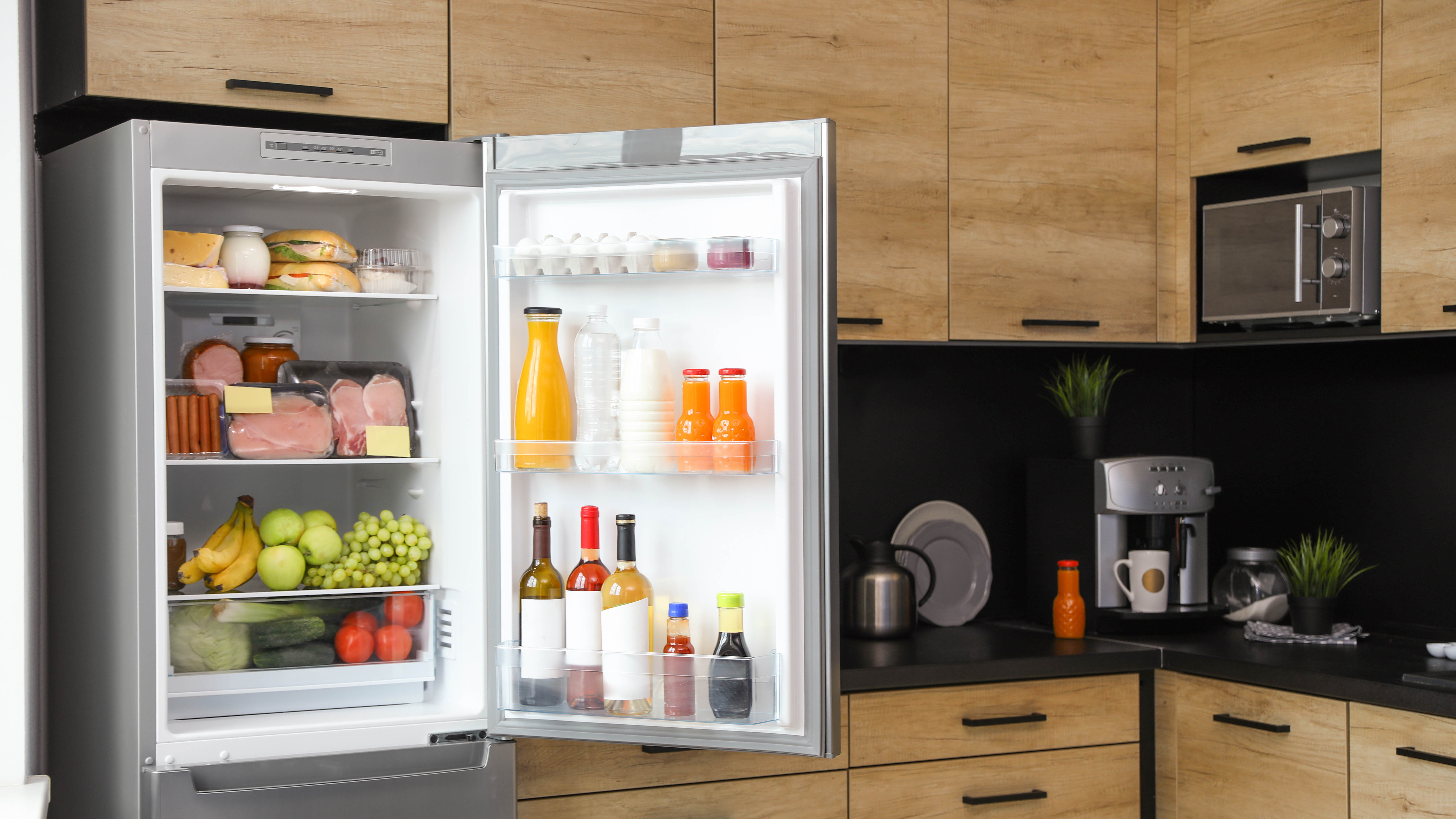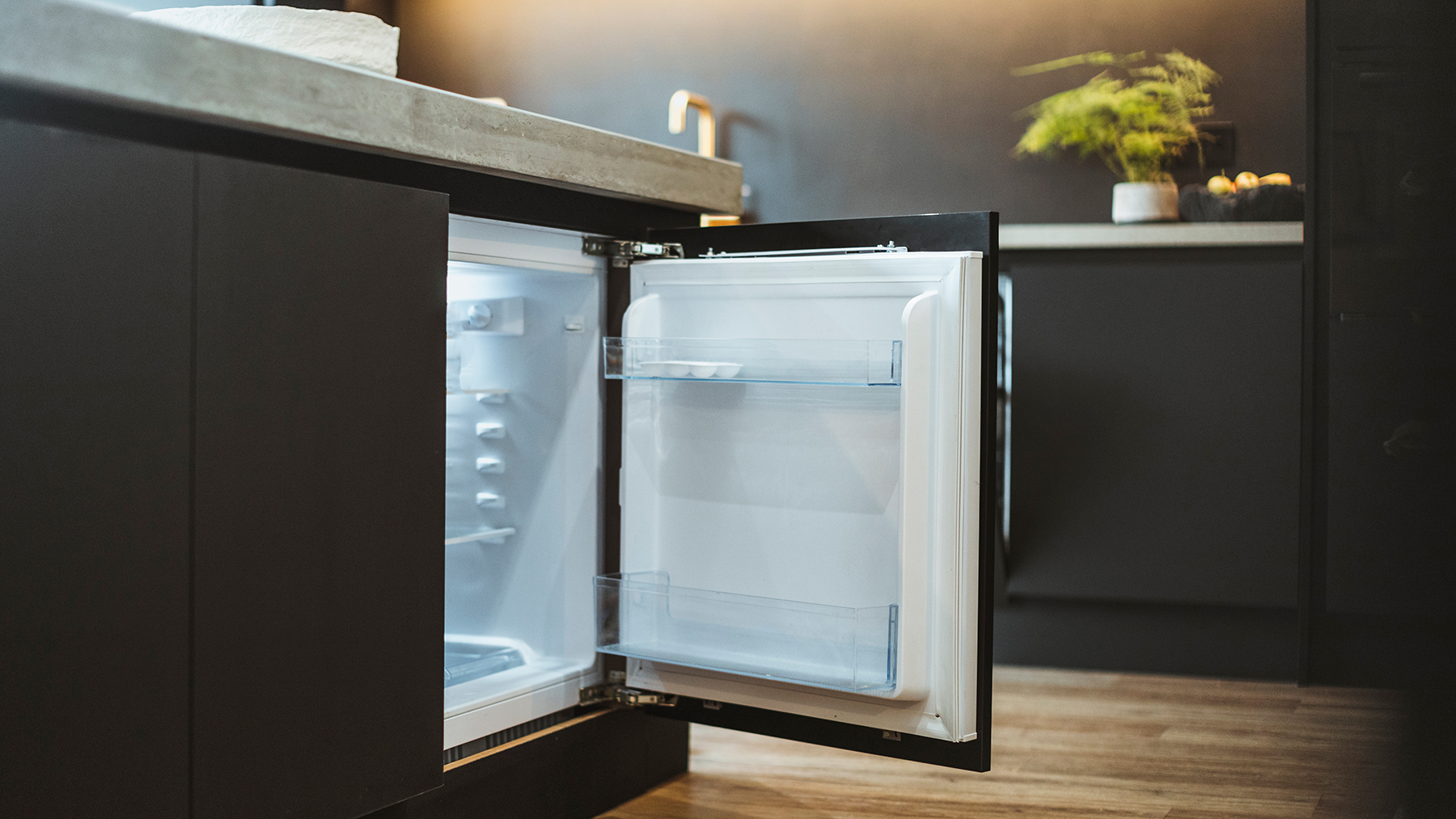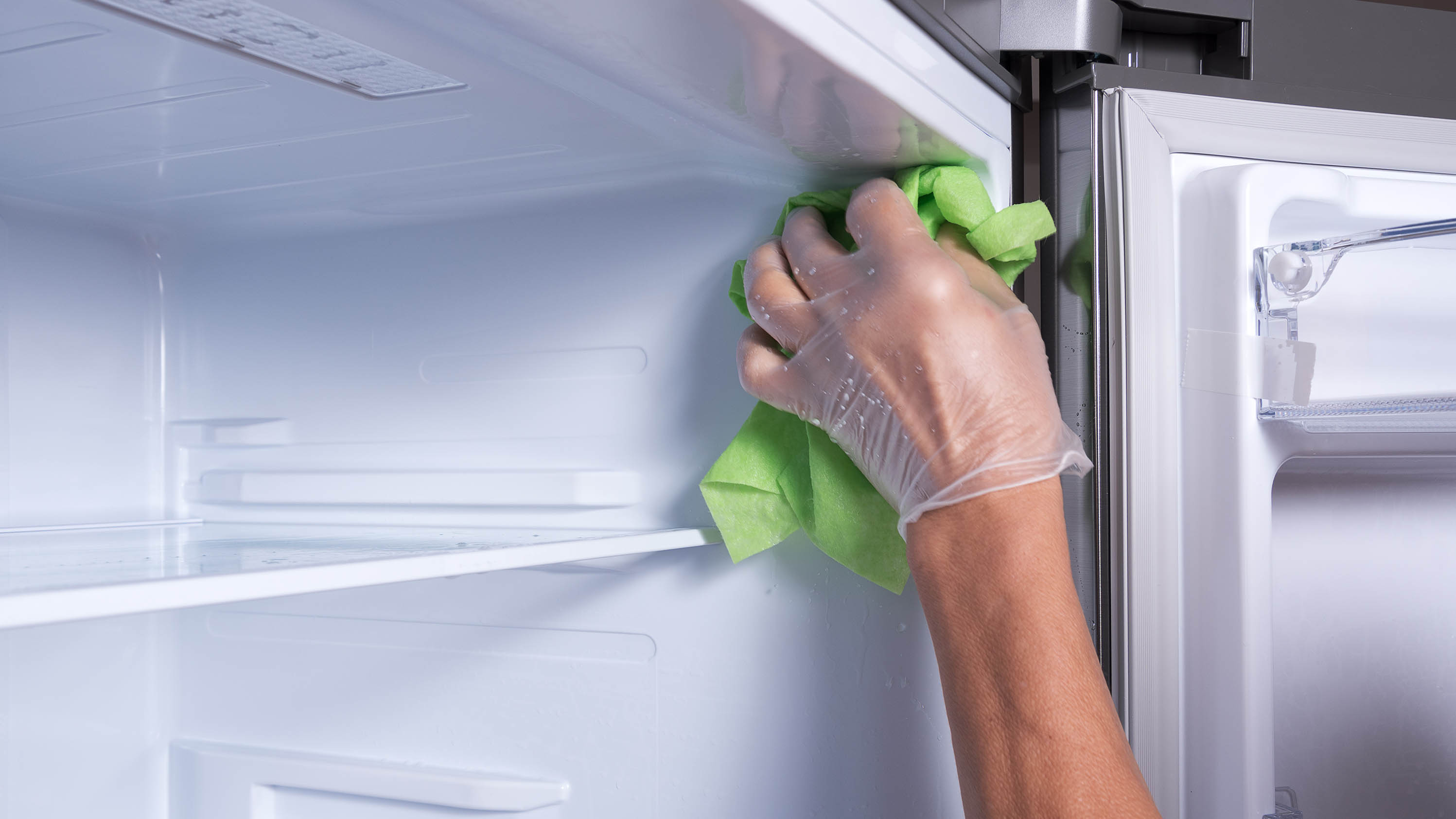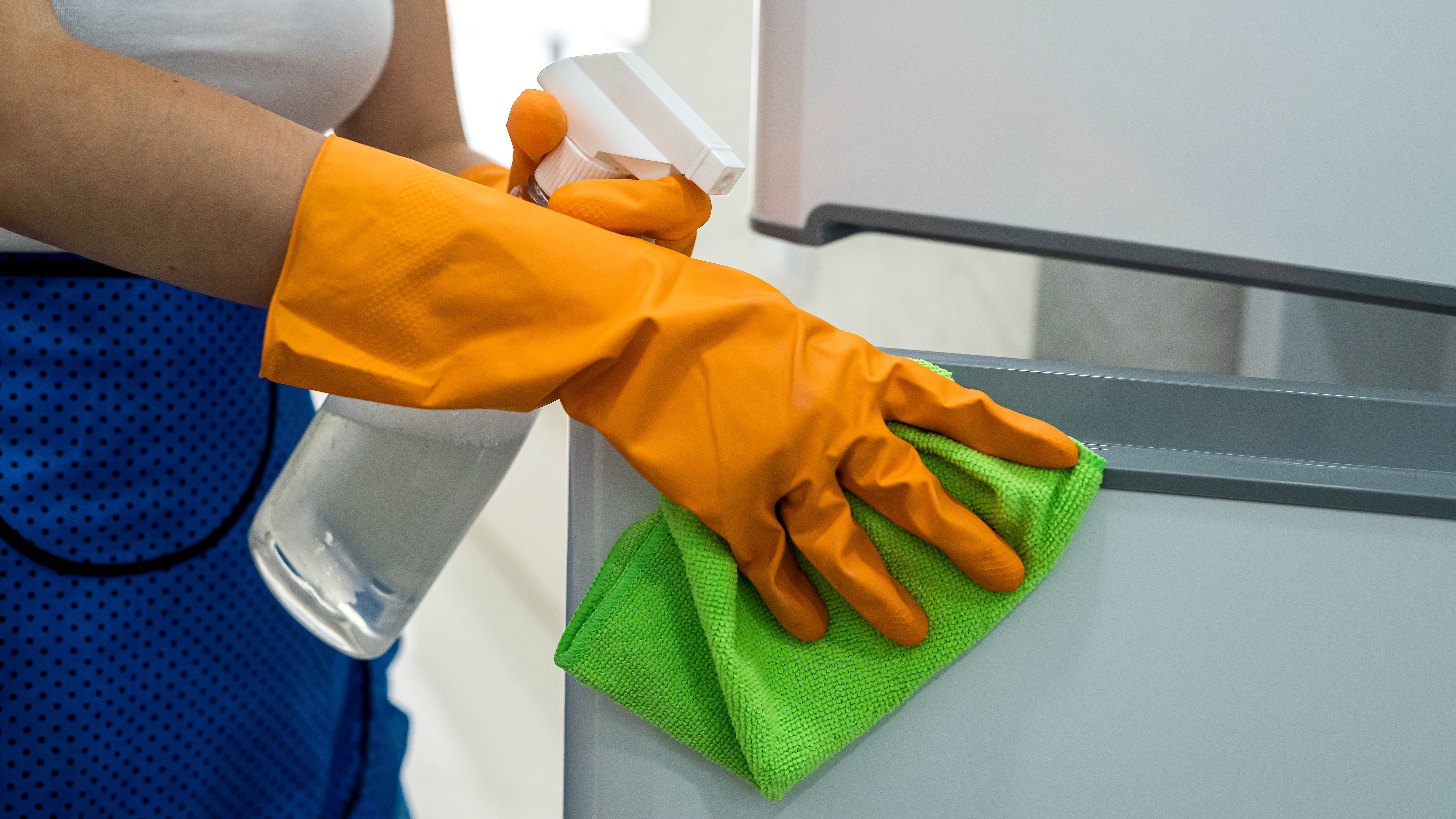
Having one of the best refrigerators is essential for keeping our groceries and perishables chilled, and longer lasting. And since it’s used on a daily basis, the fridge is often prone to spills, leaks or stains that can lead to bacteria and bad odors.
That’s why it’s so important to know how to clean a refrigerator properly to ensure it stays clean, germ-free and performs well. But, are you cleaning your fridge often enough? If you can’t remember the last time you deep cleaned your fridge, then the answer is probably no — however, it doesn’t have to be a huge chore.
According to experts, the fridge is the one appliance that should get more cleaning than we give it, and should be a regular, home care routine. In fact, not cleaning enough is one of the common refrigerator mistakes we often make.
So before you start tackling your kitchen, here’s how often you should clean your refrigerator, according to an expert — and their top tips.
How often should you clean your refrigerator?

Whether you have a huge, family-sized fridge, compact style or even a smart fridge, it’s prone to get grimy from time-to-time. “Aim to clean your fridge once or twice a month and avoid common mistakes like using abrasive sponges or neglecting to follow manufacturer guidelines, including changing the filter regularly,” says Peter Hansen, hospitality industry expert and co-owner of Sparrow Estate Management.
Before you do a deep clean, it’s always best to declutter your fridge by throwing out any expired, old or unused foods hiding at the back. “Ensure a thorough fridge cleaning by first discarding expired food and anything it's touched and sealing it in a bag for disposal.” Removing all items will also make the clean-up process easier, and free up space.
Expert tips for cleaning your refrigerator

Bi-weekly scrub downs
Experts suggest that bi-weekly scrubs can help you maintain a clean refrigerator. Ideally, before your next grocery shop, give any shelves or compartments a quick wipe down with a soapy cloth, or antibacterial wipe.
“Just because your fridge doesn’t smell doesn’t mean it doesn’t need to be cleaned. This misconception can lead to overlooked nooks and crannies where bacteria and mould thrive, affecting food quality and safety,” states Hansen.
“Remove all items from your fridge every other week (checking expiration dates as you go) and give the interior a thorough cleaning. Make sure you pay attention to drawers and shelves where spills often accumulate.
Then, remove the remaining items and shelving, washing them by hand with hot, soapy water before drying. Wipe down the empty interior with hot, soapy water, then a clean water rinse, and dry. Replace shelves and drawers, and wipe down the exterior. Remember to wash your hands afterward and clean any surfaces used.”
Before packing away your grocery shopping, you’ll also benefit from these 5 tips to organize your fridge so foods last longer.
Burn freezer ice every 90 Days
Another top tip is remembering to defrost your freezer. According to experts, this should be done every 90 days. “Don’t worry. This doesn’t involve actually burning anything. Instead, you defrost your freezer to prevent ice build-up, which can affect your appliance's efficiency.
“To burn the ice, turn off the fridge, remove all items, and let the ice melt naturally. Give the freezer a good cleaning, then return all items for a perfectly maintained freezer all year round,” comments Hansen.
Before replacing items, just beware of these 18 foods you should never store in the freezer, and the 3 reasons why you shouldn’t overfill your freezer.

Inspect and clean seals every month
One area that we often forget to deep clean are the rubber seals around the refrigerator and door — these usually hide food particles, daily grime, and even mold. By regular cleaning, this will also maintain a tight seal, and keep your fridge in good condition.
“The seals are often overlooked, but they should really be cleaned each month with a soft brush and a mixture of water and white vinegar to keep the doors sealing correctly,” advises Hansen. “This helps your fridge seal properly, keeping your food fresh and preventing any issues with your fridge.”
In addition, take a cloth using the same solution to clean the exterior of your fridge, scrubbing away any spills, stains or dirty fingerprints. Pay close attention to the handles where bacteria can build up, and even the top of the fridge, which often gets neglected.
Review fridge organization and storage habits
While it might be tempting to fill our fridge with groceries, or containers of batch cooking, it’s important that we keep it well-organized, without cramming it with items.
“Once a year, take the time to reassess how you organise your fridge,” suggests Hansen. “Keeping it well-organised will make cleaning easier and improve air circulation and appliance efficiency. Consider the items best suited for different sections and drawers based on temperature and humidity levels.”
How to banish fridge odors

If your fridge has lingering smells from something bad, certain foods or spillages, a good tip is to leave a small bowl or ramekin of baking soda in the fridge. Baking soda absorbs odors and is a natural cleaning agent and deodorizer.







